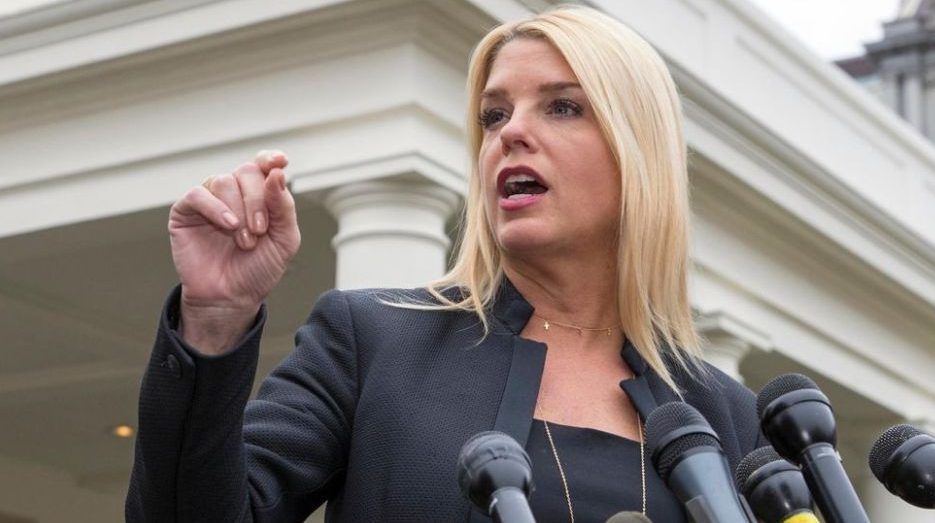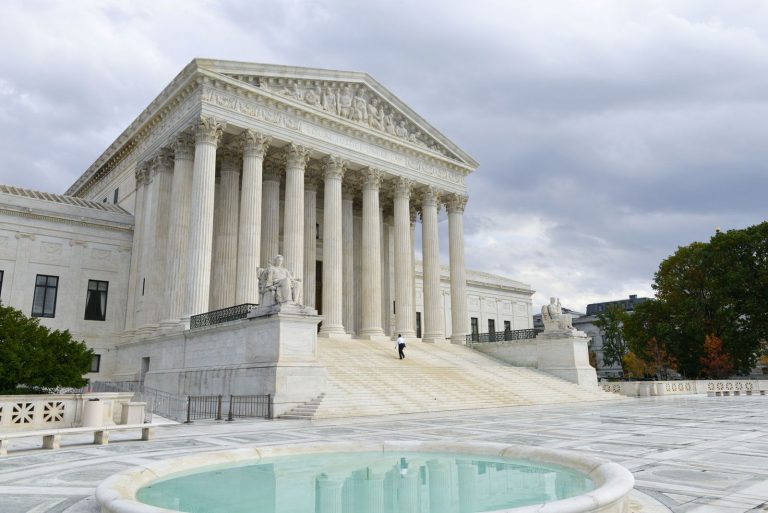NOTE: VIDEO AT THE END OF ARTICLE
DOJ Files Lawsuit Against Minnesota Over Tuition Aid for Illegal Immigrants
The U.S. Department of Justice (DOJ) has filed a lawsuit against Minnesota and Governor Tim Walz. The suit claims that the state’s college aid program unfairly favors illegal immigrants while putting American citizens at a disadvantage.
This legal challenge targets the Minnesota Dream Act, a law passed in 2013. The act allows undocumented immigrants to access in-state tuition and state financial aid for higher education. According to the DOJ, this policy violates the rights of U.S. citizens and legal residents.
Federal Officials Say Americans Get Second-Class Treatment
Attorney General Pam Bondi issued a strong statement following the lawsuit. “No state can treat Americans like second-class citizens by offering better benefits to illegal aliens,” she said.
Bondi pointed to a recent victory in Texas on a similar issue. “We just won this fight in Texas. Now we’re bringing it to Minnesota to defend American citizens,” she added.
The DOJ argues that U.S. citizens from outside Minnesota must pay higher tuition rates than undocumented residents inside the state. Officials say this amounts to clear discrimination.
Minnesota’s Policy Under Fire
The lawsuit also names the Minnesota Office of Higher Education and State Attorney General Keith Ellison as defendants. The DOJ’s filing describes the financial gap as “substantial.”
Critics argue that Minnesota’s aid program attracts non-citizens while neglecting struggling American families. The legal team says the tuition difference sends the wrong message about citizenship and fairness.
Governor Walz Responds to the Controversy
Governor Walz defended the policy, calling it “inclusive and forward-thinking.” However, he also acknowledged national pushback. “The country wasn’t ready for the message we were promoting,” he said. Walz recently ran as the Democratic vice-presidential nominee in the 2024 election, which ended in defeat.
While Walz stands by the Dream Act, opponents say the state should prioritize U.S. citizens—especially veterans, low-income families, and rural students left behind by rising tuition.
Trump-Era Policy Still Influences DOJ Strategy
The lawsuit aligns with an executive order issued by former President Donald Trump. That order directed federal agencies to remove any policy that benefits illegal immigrants over American citizens.
Bondi also celebrated a major win at the U.S. Supreme Court. A recent ruling limits federal courts from issuing nationwide blocks against presidential policies. “This victory strengthens the president’s hand and supports our legal mission,” Bondi said.
What Happens Next?
The Minnesota case could set a national precedent. If the DOJ wins, other states may need to revise or repeal similar aid programs.
Supporters of the lawsuit say it’s about protecting fairness and the value of American citizenship. Opponents claim it’s part of a broader political agenda targeting immigrants.
As legal battles grow, the line between inclusion and discrimination continues to blur.
https://www.youtube.com/watch?v=neMfzbBrTOA

Sarah Mitchell is a bestselling novelist recognized for her insightful and emotionally resonant stories that explore the complexities of human relationships. Originally from Denver, Colorado, Sarah grew up in a family of teachers who nurtured her curiosity and love for storytelling. She studied psychology at Stanford University, where she became fascinated by the intricacies of human behavior—an interest that would later shape her writing career. Sarah’s novels are praised for their nuanced characters, intricate plots, and ability to capture the subtle tensions that define love, friendship, and family ties. Her breakthrough novel, The Spaces Between Us, became an instant bestseller, lauded for its honest portrayal of strained family relationships and the fragile bonds that hold people together. Since then, she has published several works that continue to captivate audiences around the world. Outside of her writing career, Sarah is passionate about mental health advocacy and often partners with organizations to promote awareness and support for those struggling with emotional well-being. Her personal life is quieter—she enjoys hiking in the Colorado mountains, practicing yoga, and spending time with close friends. With each new book, Sarah Mitchell cements her reputation as a writer who illuminates the beauty and struggles of human connection.








